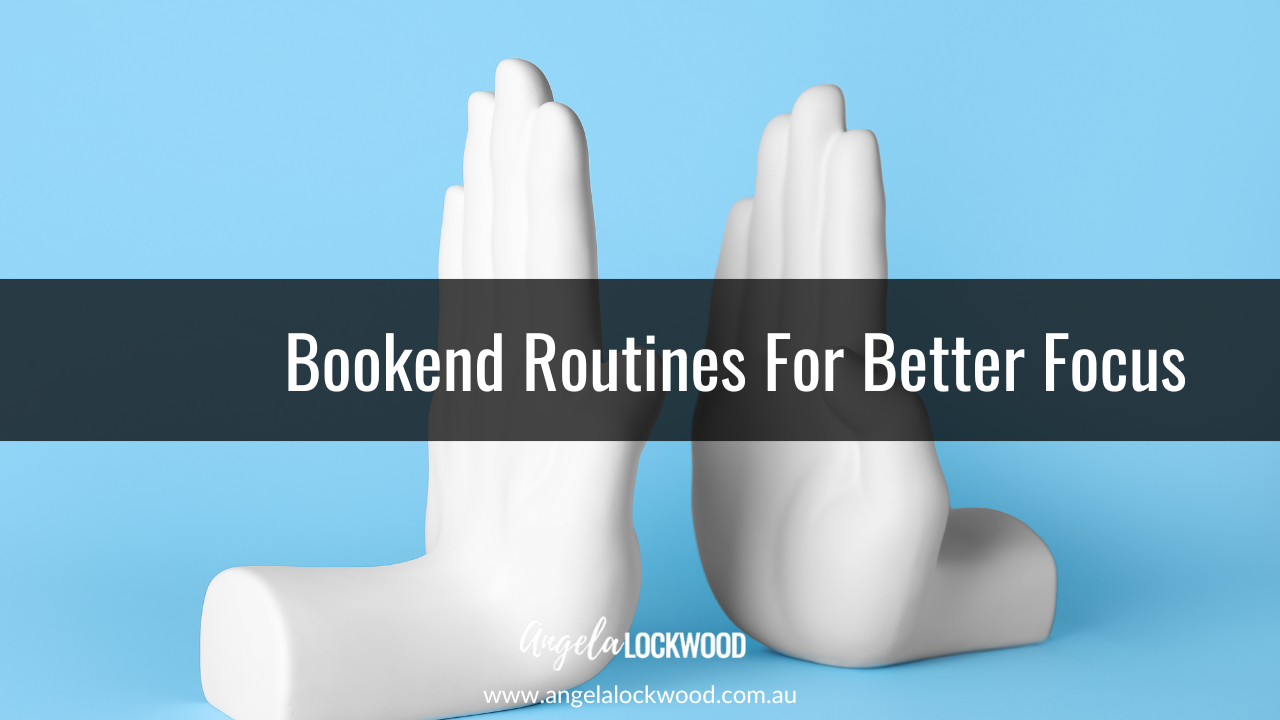Minimising separation anxiety for kids
Mar 14, 2023
Starting school is a big step for both parents and children. While it’s an exciting new chapter, it can also bring about feelings of separation anxiety. Separation anxiety is a type of anxiety disorder that occurs when a person experiences fear or distress when they are separated from a person or place that provides them with a sense of safety or security. It is most commonly associated with children, but it can also affect adults.
For children separation anxiety will occur when a young child is separated from their parents and is often at times when they are faced with an unfamiliar place or situation. So think of starting a new school, starting a new sport, meeting new people. This can lead to a lot of stress for both the child and parent.
In children, separation anxiety can manifest as a range of emotional and physical symptoms. Some common symptoms of separation anxiety can include but certainly not limited to:
- Clinging to a parent or caregiver: Children with separation anxiety may have difficulty separating from a parent or caregiver, and may cling to them when it is time to say goodbye.
- Refusing to go to school or other places: Children with separation anxiety may refuse to go to school, daycare, or other places where they will be away from their parent or caregiver.
- Fear of being alone: Children with separation anxiety may have a fear of being alone, and may prefer to sleep in the same room as their parent or caregiver.
- Physical symptoms: Children with separation anxiety may experience physical symptoms such as stomachaches, headaches, and nausea when faced with the prospect of separation.
At the start of a school year, it is common to see a young child particularly when starting in Kindergarten/Prep clutching onto their parent’s hand or clothes, or standing behind them not wanting to separate. This can also be seen from the parent’s perspective where they will carry the child into school or not leave when it is bell time signalling it is time for the parents to go.
However, there are ways to manage and minimise separation anxiety and make the transition into school a positive one.
Here are some to consider;
1. Prepare Your Child in Advance
Preparation is key. Before the first day of school, it’s important to prepare your child for the upcoming changes. This can include reading books about starting school, visiting the school in advance, and talking about what to expect. By doing so, your child will feel more confident and less anxious about the experience.
2. Establish a Goodbye Routine
Establishing a goodbye routine is important for both you and your child. This routine can include giving your child a hug or a kiss, saying a special phrase, or reading a favorite book. By creating a consistent goodbye routine, your child will know what to expect and will feel more secure and confident.
3. Stay Positive and Encouraging
It’s important to stay positive and encouraging throughout the transition process. Children are perceptive and can easily pick up on their parent’s emotions. If you’re anxious or upset, your child is more likely to feel the same. Instead, try to remain upbeat and positive about the upcoming changes, even if you are feeling a little apprehensive yourself. Encourage your child to look forward to school and all the new experiences that come with it.
4. Develop a Relationship with the Teacher
Building a relationship with your child’s teacher can help ease separation anxiety. When you know and trust the teacher, you’ll feel more comfortable leaving your child in their care. You can also ask the teacher for updates through the school communication app or plan a visit to the classroom to see how your child is doing.
5. Stay Connected Throughout the Day
Staying connected throughout the day can help your child feel more secure and connected to you. You can plan to send a note in their lunch box or small surprise in their backpack. This will help your child feel reassured and connected to you throughout the day. For some children this may trigger their missing you so it is important to know your child’s reactions and speak to their teacher as to how it went.
In addition to the tips listed above, there are a few things to keep in mind as you help your child manage separation anxiety. It’s important to remember that separation anxiety is a normal part of development and that it will likely pass with time and them knowing that they are supported and safe even when you are not with them. If your. child continues to have difficulties separating from you, speak with your child's school and health professional for specific helpful strategies for your child.
It’s also important to be patient and consistent with your efforts to manage separation anxiety. It may take time for your child to adjust to the new routine, but with consistent and supportive strategies, your child will be able to manage their anxiety and thrive in school.
Starting school is an exciting time, but it can also be stressful for both children and parents. By preparing your child in advance, establishing a goodbye routine, staying positive and encouraging, developing a relationship with the teacher, and staying connected throughout the day, you can help your child manage separation anxiety.
Remember to be patient and consistent, and with time, your child will feel confident and secure in their new environment.
![]()
Angela Lockwood
TRANSFORM TO THRIVE






